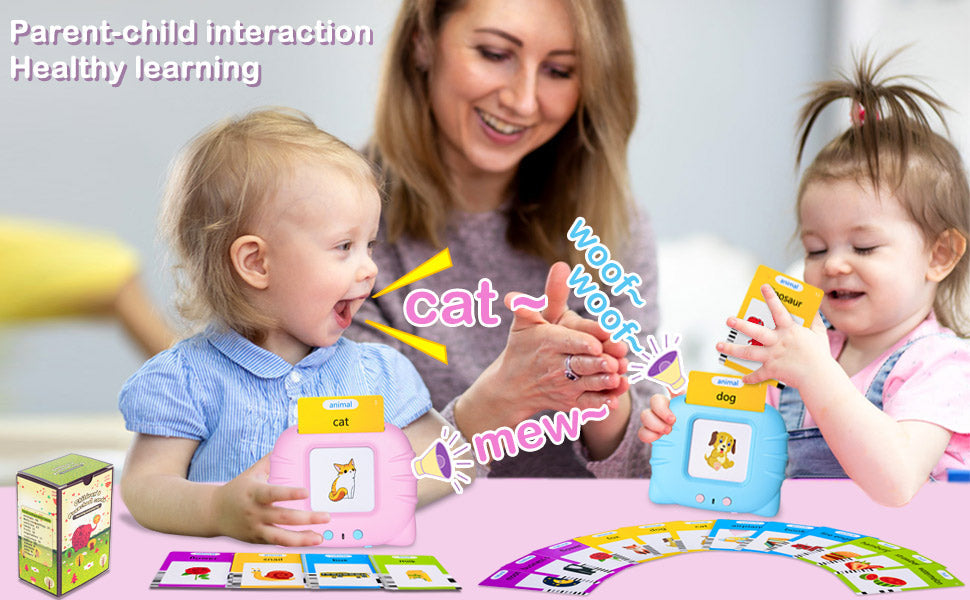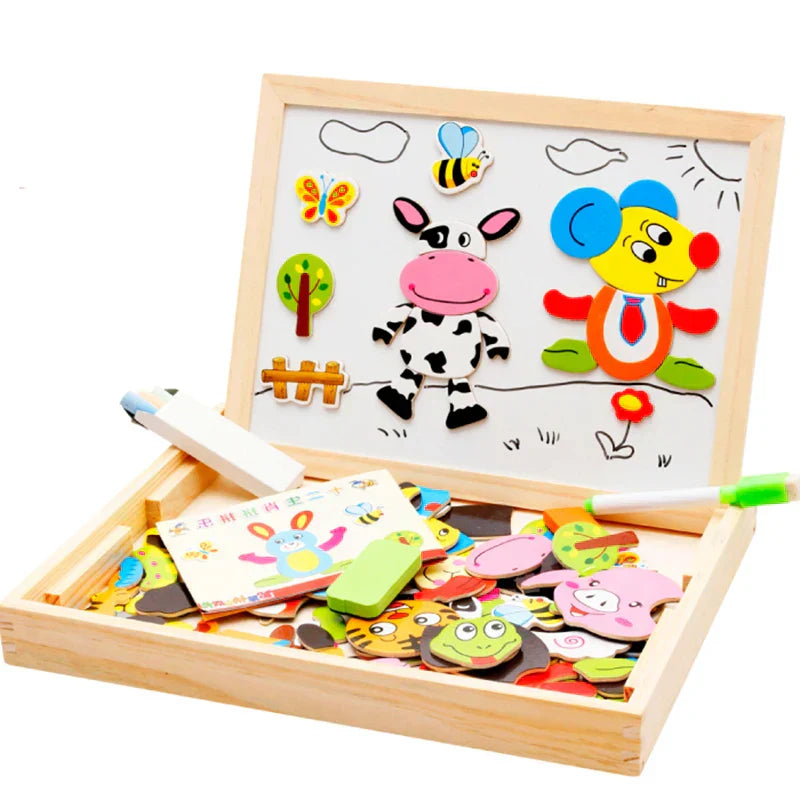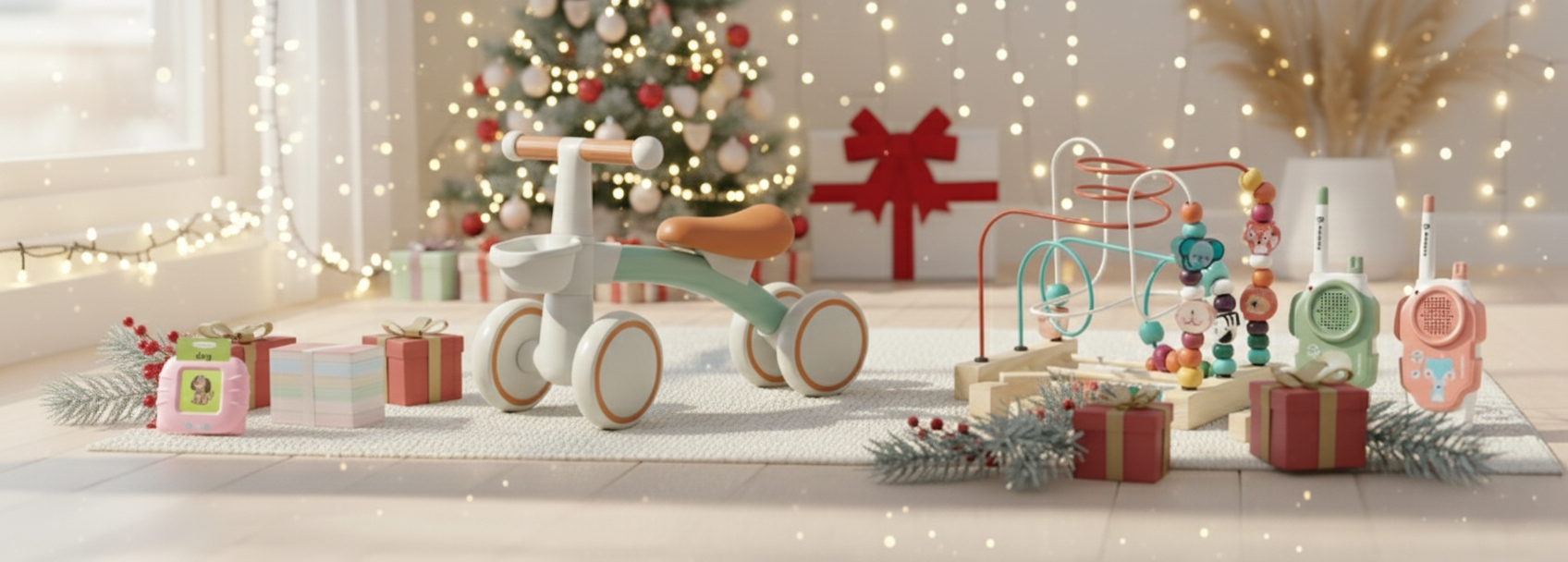Why Play Is More Than Just Fun
Did you know that 90% of your child’s brain develops before the age of five?
From the moment they start grasping objects, stacking blocks, and pretending to cook in a toy kitchen, every play experience is shaping their mind, emotions, and future learning habits.
But here’s the problem: Not all toys contribute to brain development.
With screens taking over playtime, many children miss out on hands-on experiences that build intelligence, emotional intelligence, and motor skills.
That’s why educational toys—when chosen wisely—can transform how children learn, focus, and interact with the world.
In this article, we’ll break down the science behind play-based learning and reveal the best educational toys to boost cognitive growth, social intelligence, and physical development.
How Play Enhances Cognitive Development
Have you ever noticed how a child repeats a puzzle until they solve it? That’s brain-building in action!
According to Jean Piaget’s Cognitive Development Theory, children actively construct knowledge through play, experimenting, making mistakes, and learning from trial and error.
Educational Toys That Boost Cognitive Growth:
- STEM Kits & Building Blocks → Improve problem-solving & logical thinking.
- Puzzles & Brain Games → Enhance memory, focus, and perseverance.
- Montessori Sorting Toys → Strengthen early math & pattern recognition skill
Top Picks from Tiny Learns:
- STEM Engineering Kit → Encourages critical thinking.
- Montessori Wooden Puzzle → Builds problem-solving skills.
-
Counting & Sorting Beads → Supports early math learning.
Supporting Literature:
- Whitebread, D. et al. (2012). The Importance of Play. University of Cambridge.
- Gopnik, A. (2016). The Gardener and the Carpenter.
Emotional Intelligence: How Toys Shape Social & Emotional Growth
Can a toy make a child kinder and more empathetic? Yes!
According to Dr. John Gottman, children who engage in role-playing games and cooperative play develop stronger emotional intelligence (EQ)—a skill more valuable than IQ for success in life.
How Play Improves Emotional Intelligence:
- Teaches Emotional Regulation → Role-playing with dolls or pretend play sets helps kids express & process feelings.
-
Encourages Empathy → Board games & storytelling foster understanding of
others’ perspectives.
Builds Confidence → Mastering a toy (like a puzzle or an instrument) boosts self-esteem.
Top Picks from Tiny Learns:
- Cooperative Board Game → Teaches patience & teamwork.
- Emotion Flashcards Set → Helps kids identify & express emotions.
- Wooden Role-Playing House Set → Encourages social play.
Supporting Literature:
- Gottman, J. M. (1997). Raising an Emotionally Intelligent Child.
- Denham, S. A. (2007). Dealing with Feelings: How Children Negotiate Emotional Situations.
Physical & Sensory Development: The Mind-Body Connection
Can playing with a toy improve focus, self-regulation, and coordination?
YES—sensory play stimulates the nervous system, helping children focus and self-soothe.
According to Dr. Laura Markham, tactile experiences—like playing with fidget toys, textures, and movement-based play—help children regulate their emotions and improve motor skills.
Toys That Enhance Physical & Sensory Skills:
- Sensory Play Dough → Builds fine motor strength & stress relief.
- Balance Board → Improves coordination & body awareness.
- Musical Instruments → Enhance auditory processing & rhythm recognition.
Top Picks from Tiny Learns:
- Montessori Balance Board → Strengthens gross motor control.
- Sensory Texture Board → Helps with sensory integration.
- Musical Toy Set → Supports language & rhythm development.
Supporting Literature:
- Ayres, A. J. (2005). Sensory Integration and the Child.
- Dunn, W. (2001). The Sensory Profile: A User’s Manual.
How to Make Playtime More Effective
Expert Tip: Dr. Laura Markham suggests that parent-child playtime strengthens emotional bonds and learning outcomes.
3 Easy Ways to Boost Learning During Play:
- Rotate Toys: Keep interest high by switching out toys weekly.
- Join the Fun: Play together to reinforce social & language skills.
-
Encourage Open-Ended Play: Let kids lead their play, rather than following
instructions.
Bonus Gift for Readers! Get a FREE 30-Day Play Guide (PDF) with activity ideas based on Tiny Learns’ best-selling toys. Sign up now!
Why Every Parent Should Invest in Educational Toys
Educational toys aren’t just for fun—they’re an investment in your child’s future.
Whether it’s brain-boosting puzzles, empathy-building role-play sets, or sensory tools for focus, the right toys lay the foundation for a lifetime of learning.
Ready to give your child the best start? Explore Tiny Learns' Top Educational
Toys Now!










